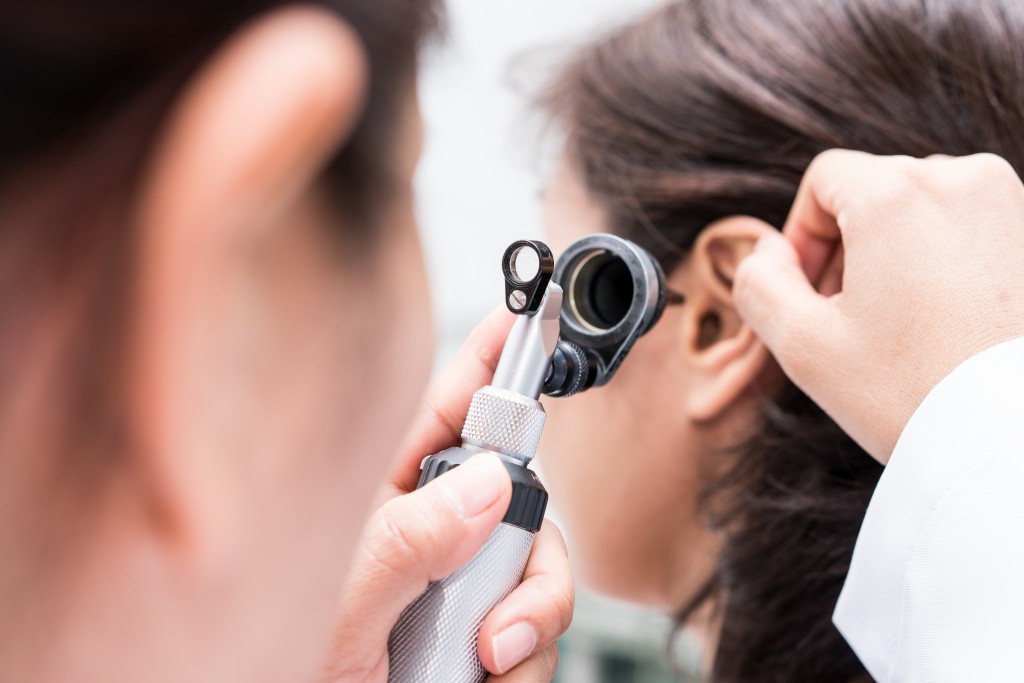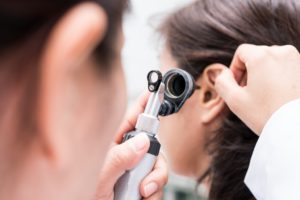What to Do and Not to Do After Ear Surgery

 After two hours of surgery, you finally have “new ears.” You must be excited to see the results. But before you get too excited, note that you must observe proper aftercare for your ears. Recovery is a process, and you could help your body heal properly if you practice good habits.
After two hours of surgery, you finally have “new ears.” You must be excited to see the results. But before you get too excited, note that you must observe proper aftercare for your ears. Recovery is a process, and you could help your body heal properly if you practice good habits.
Plastic surgeons from the Mobley Foundation for Charitable Surgery share some of the dos and don’ts after otoplasty:
Do wear your headband
After the surgery, the doctor will have a dressing wrapped around your ears. A few days later, they will replace this with a slightly lighter headband. This will keep your ears in their proper place if ever you experience a slight jolt in movement. In most instances, patients are advised to wear it all day and all night within the first two weeks, and then only in the evening for the next weeks, until you complete a month.
Do eat a healthy diet
This is a given, regardless of your health and state. But for recovering patients, this is much more crucial. For the body to heal properly, it requires nutrients and vitamins. Now, you may be feeling nauseous in the first phases of recovery, and you may find it difficult to eat solid food, so go for smoothies and fresh fruit juices. Don’t forget to take the medications your doctor prescribed as well.
Don’t let your ears be touched
Fight the urge to feel for your ears days after the surgery. They’re still swollen, so any contact may irritate it or cause slight changes in its position. Be careful when moving to prevent unintentionally touching or rubbing it. It’s also important to sleep on your back to avoid putting pressure on the ears. Keep your head elevated too to reduce the swelling. Pile up some pillows to support the head. You should see only a bit of swelling after a month or two.
Don’t go to extremely hot or cold environments
Drastic temperatures may delay your recovery. Take note that your healing ears are numb, so you wouldn’t feel the damage brought by hot or cold environments. As much as you can, stay indoors when the sun’s intensity is at its peak. Sun exposure causes swelling and hyperpigmentation. Postpone your sauna sessions and tanning appointments as well to later time. If you’ll be applying ice packs, use them in brief periods only.
Observe these aftercare routines to improve recovery. Consult your doctor to know more about how you can make the healing process quicker.




